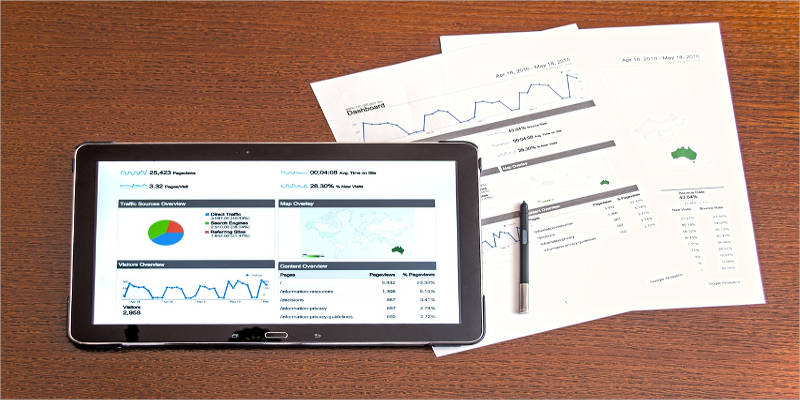How to Check Your Credit Report
Credit reports are issued by credit bureaus duly authorized by the government. They contain detailed information about an individual’s credit history which includes payments, debts, and other financial activities. It records a borrower’s credit history from a number of sources, including banks, credit card companies, collection agencies, and governments. (Wikipedia, s.v. “credit history”)
The purpose of a credit report is to show if a certain individual is credit-worthy. We have to remember that a credit report records how a person handles his/her debts and their ability to pay them. It provides information to assess if a person is trustworthy with finances.
What’s in Your Credit Report
The purpose of credit report is it usually includes basic identification details like the individual’s name, present and past addresses, and employment history. It also includes: a credit history summary such as the number and type of accounts that are past due or in good standing, and detailed account information related to high balances, credit limits and the date accounts were opened. Credit reports list credit inquiries and details of accounts turned over to credit agencies such as information about liens and wage garnishments. (Investopedia.com)
In addition to that, credit inquiries also appear on a credit report, whether it is a soft credit report inquiry or a hard inquiry.
How to Check your Credit Report Step by Step
You can request for your credit report from credit bureaus in your country. Once you have your credit report in hand, here are the things that you should do.
- Check your personal data. The first thing to look at is your personal information. Notice any misspelling or incorrect details.
- Go to the public records. Credit reports usually have a public record section that includes tax judgments and lawsuits. Check it for any wrong information.
- Check the credit accounts. This contains the list of all your debts as well as payment history. Make sure the information is correct.
- Go through the inquiries. This portion will show the lenders who have made a credit inquiry.
Where to Check your Credit Report
As a lot of credit bureaus emerge, new and different ways for reading a credit report are also developed. This increase in the number of agencies who check every individual’s financial performance and credit history can probably be rooted from the many cases of delinquent and unpaid accounts in the past.
In order for you to check and write a report, to make sure there are no unauthorized hard inquiries which could damage your reputation, ask for your credit report from credit bureaus or some of them have offered online ways to check it. Get in touch with them for your convenience.
When Should You Check Your Credit Report
The good thing about checking your credit report is that you can avoid any possibilities of identity theft. Again, inquiries will be recorded on your credit report, so if you suspect an unfamiliar name it, better get some help from the experts. You can also see formats such as report examples in pdf.
But the question is, when should you check your credit report? You should check your credit report at least once a year to check if there are any errors in it. Aside from that, check your credit report before applying for a loan to avoid bad impression with the lender in case there are a lot of difficult inquiries.


